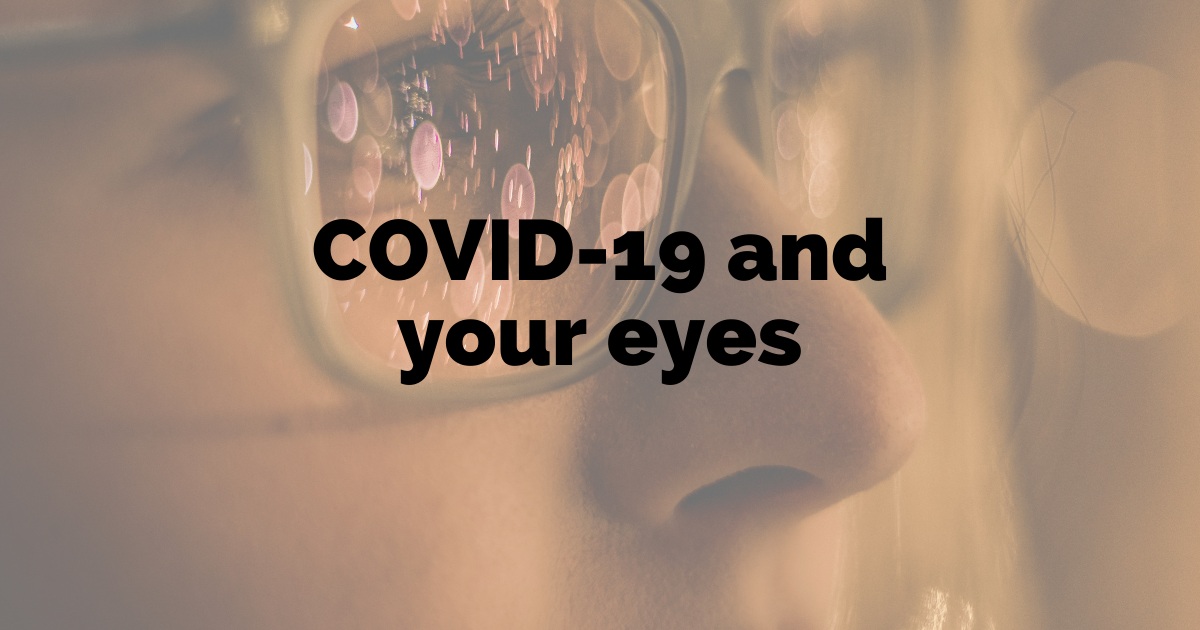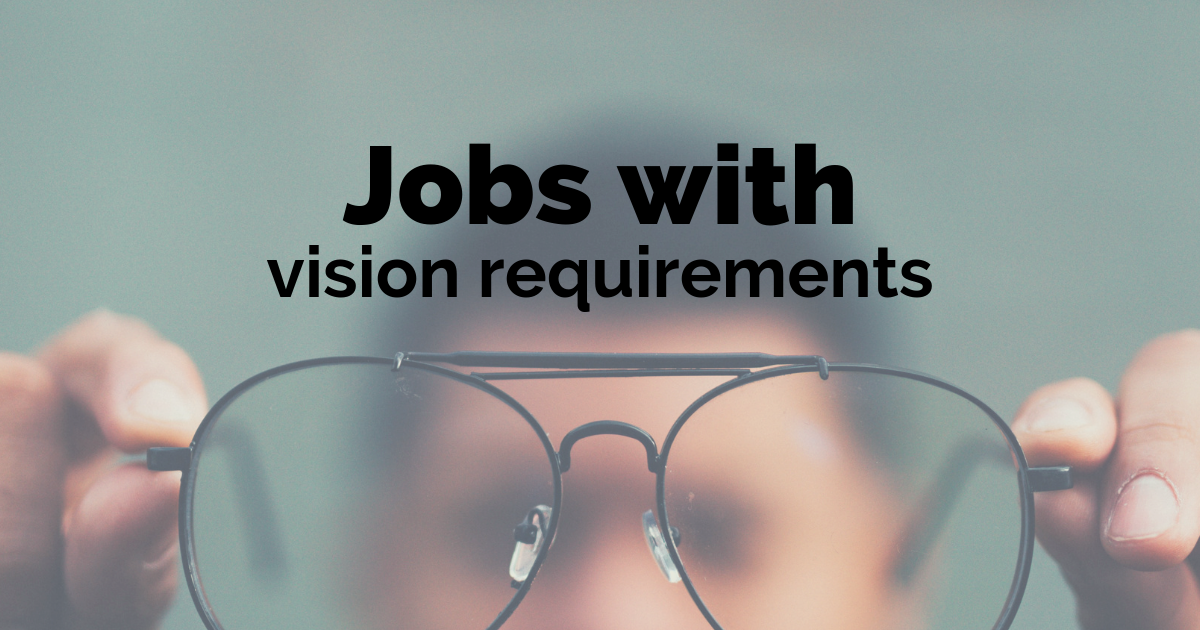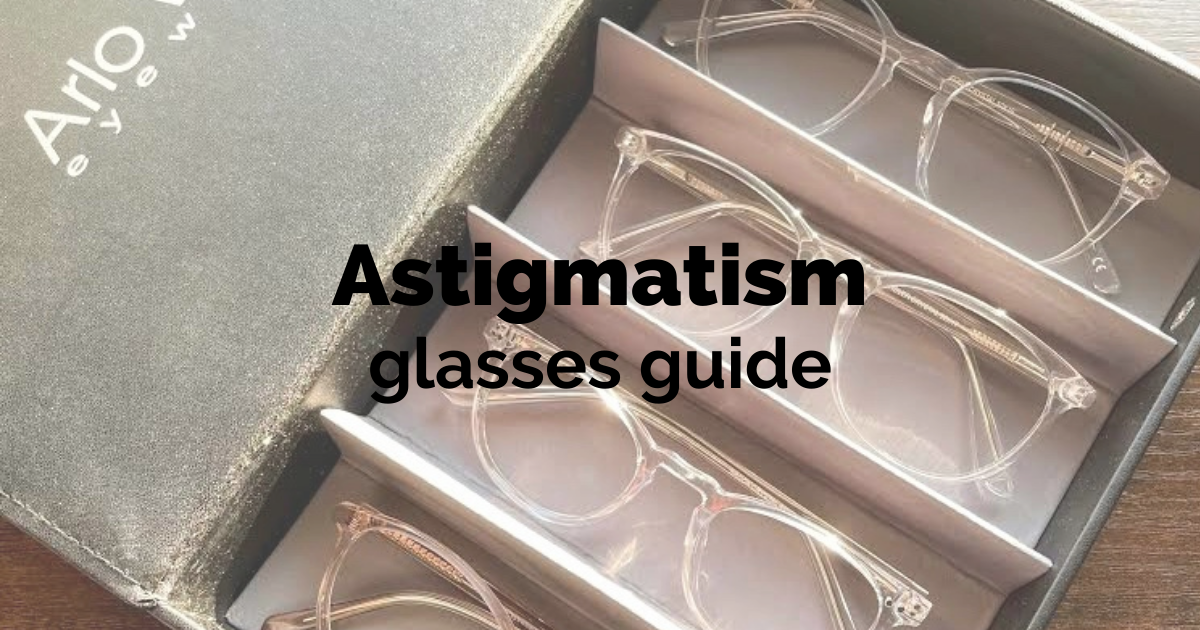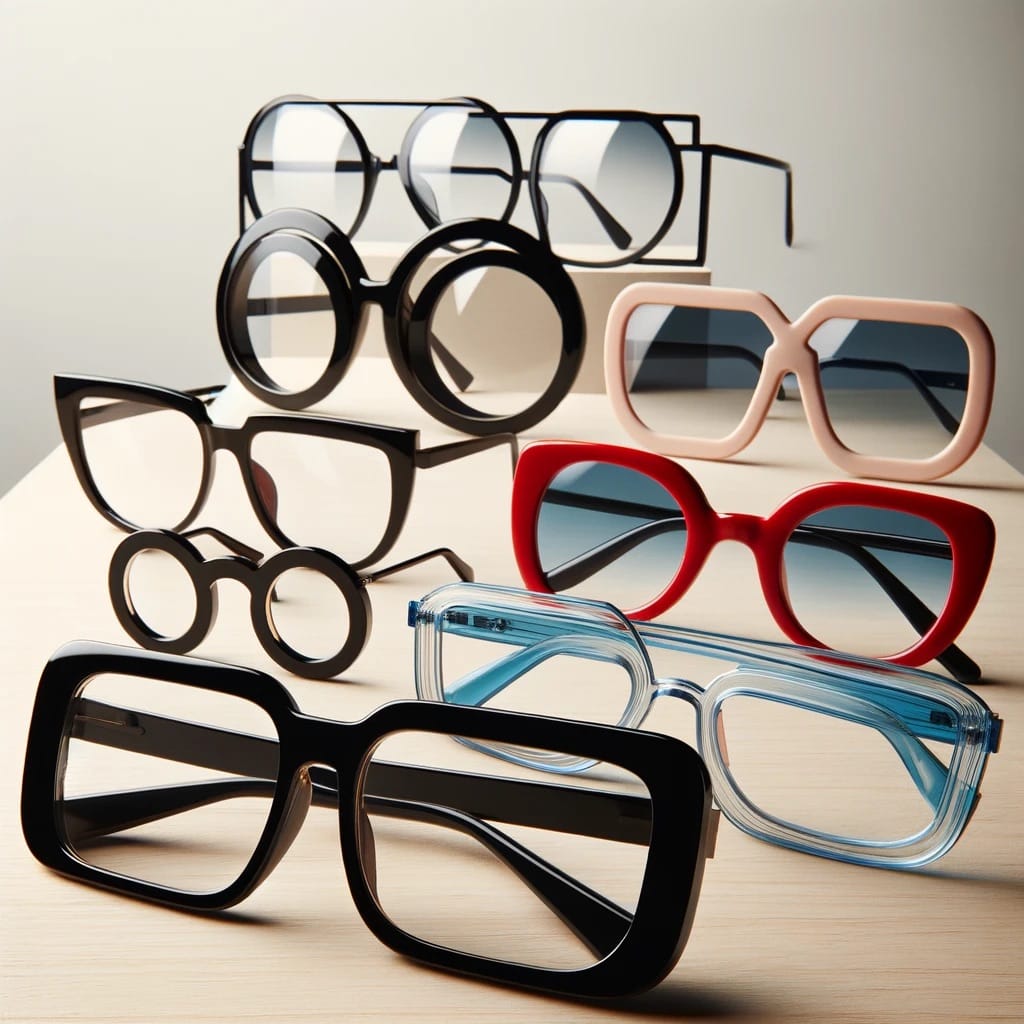We know that COVID-19 can affect our lungs, chests and many other areas of the body, but how can COVID-19 affect your eyes? Since the coronavirus pandemic arrived in the UK in early 2020, some COVID-19 patients have reported the virus had some sort of effect on their eyes. In this guide, we take a look at the effects of coronavirus on the eyes and what you can do to take good care of your eyes.
Can COVID-19 cause conjunctivitis?
One thing doctors have been certain of since the beginning of the pandemic is that Coronavirus can be contracted through the eyes. Some COVID-19 patients have reported conjunctivitis symptoms after testing positive for the virus but doctors believe just 1-3% of confirmed cases will suffer from ‘covid conjunctivitis.’
What is conjunctivitis?
Conjunctivitis (sometimes referred to as pink eye) is inflammation of the conjunctiva – a transparent tissue that covers the whites of your eyes. It’s usually caused by an allergy or an infection that results in red, swollen and itchy eyes.
Ophthalmologist Jeff Pettey said “patients have asked if their pink eye could be the first symptom of COVID-19. The answer is, without the common symptoms of fever, cough, or shortness of breath, it is highly, highly unlikely.”
Can coronavirus cause pain behind the eyes?
Some sufferers have reported a tired and heavy feeling behind their eyes while infected with coronavirus, but this is likely due to headaches or simply a poorer night’s sleep as your body fights off the virus. Pain behind the eyes is not officially recognised as a symptom of COVID-19.
What to do if you’ve been having problems with your eyes
Issues with your eyes may not be related to COVID-19 at all. When it comes to coronavirus or conjunctivitis, we would recommend using the NHS website to stay up to date with the latest symptoms and advice.
If you are having any vision problems at all, and you do not have coronavirus, we would recommend you book an eye test with a local optician. Your optician will help to identify any potential vision problems and provide a corrective lens prescription if required. You can also get in touch with us should you have any questions about your current prescription or lenses.
How to take care of your eyes
There’s no doubt we’ve all been going the extra mile to take better care of ourselves since the onset of the pandemic – and taking care of your eyes should absolutely be a priority. There are many simple things you can do to take better care of your eyes, from getting a better night’s sleep and regular exercise to switching up your glasses lenses or getting an eye test.
Here are some useful resources to help you out:

 10 jobs that require good eyesight or glasses
10 jobs that require good eyesight or glasses 10 books to cosy up with this winter
10 books to cosy up with this winter What are the best glasses for astigmatism?
What are the best glasses for astigmatism?  Unveiling the Latest Trends in Women’s Eyewear
Unveiling the Latest Trends in Women’s Eyewear